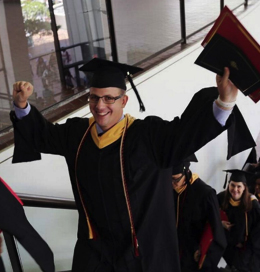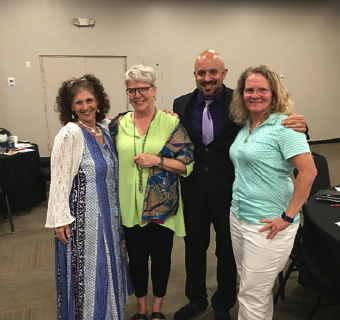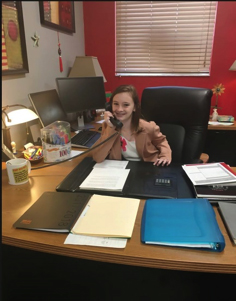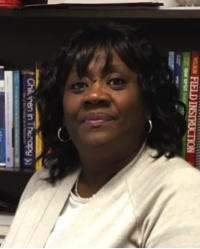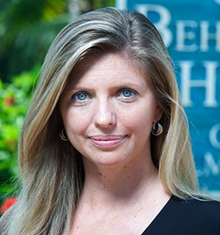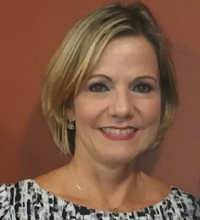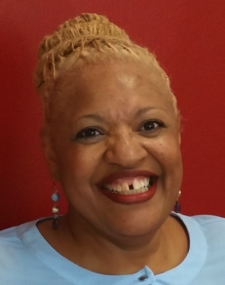|
|
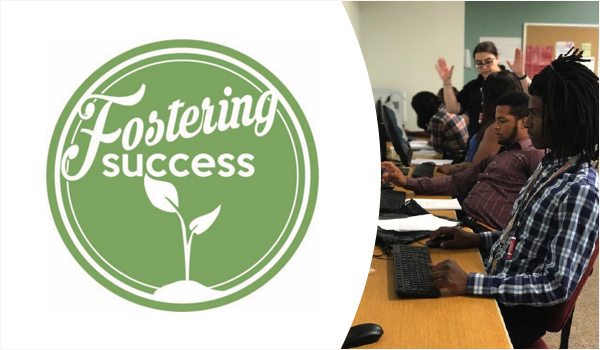
|
| Barry University & DCF partner to train former foster youth for the workforce |
|
Barry University’s School of Social Work and the Florida Department of Children and Families (DCF) partnered to launch a two-week program designed to give former foster youth and independent living teens ages 18 and older the training they need to adequately prepare for the workforce. The Fostering Success: Summer Training Program, an immersion experience hosted on Barry’s main campus in Miami Shores, took place June 17–30. Twelve former foster youth were provided training and exposure to developmental and professional job skills. This training was specifically structured to quickly build long-term work habits and confidence — from the fundamental skills of professionalism, presenting content and stress management to the more subtle and sophisticated skills of taking initiative and leading a group. Through this experience, participants identified and connected with a mentor, had the opportunity to utilize the learned skills on group presentations and, at the end, received a certificate of completion. “The goal of the program was to help these youth develop the habits, attitudes and skills needed to get and keep a job, become self-sufficient and economically stable, and reach personal success,” said Dr. Jennifer Williams, BUSSW’s undergraduate director and project coordinator. The trainings covered several topics, including: human resources; professionalism; leadership; financial literacy; conflict resolution; stress management; mindfulness; self-awareness and self-care; cultural diversity; public speaking; relationship building (in and out of the workplace); resume writing; interview preparedness; and understanding emerging technology. DCF chose Barry as a partner because the University’s School of Social Work houses one of six clinical graduate programs in the country and is fully accredited by the Council on Social Work Education. It is one of the few social work programs in the country whose curriculum provides a trauma-informed resiliency-based framework — knowledge DCF believes is vital when working with the Fostering Success participants. Additionally, says DCF, Barry is able to provide competent, ethical and professional social workers to deliver the trainings.
|

|

|
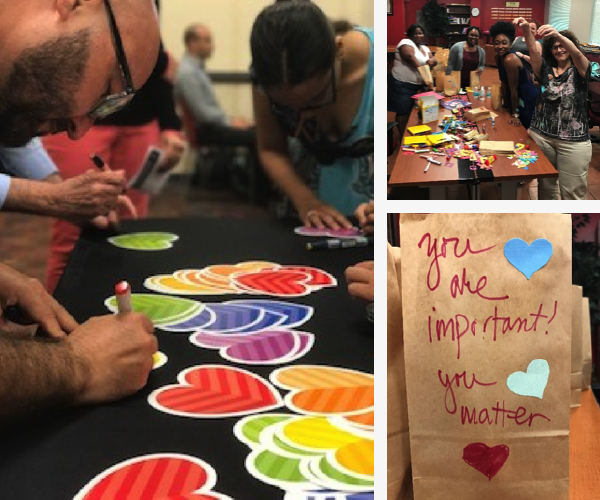
|
| Marking the one-year anniversary of Orlando’s Pulse tragedy with the “Spread Love, Not Hate” campaign |
|
June 12, 2017, marked the one-year anniversary of Orlando’s Pulse tragedy, when 49 individuals were killed and 53 others were injured in a senseless act of hate and violence. This tragedy shed light on the devastating consequences of homophobic and transphobic hate. More importantly, the world’s response to this tragedy highlighted our capacity to stand together in unity, offering compassion, love and support for the LGBTQ+ community. To honor all those who have suffered as a result of homophobic and transphobic violence, oppression and marginalization, Barry University’s Center for Human Rights and Social Justice (CHRSJ) launched a month-long “Spread Love, Not Hate” campaign. Specifically, CHRSJ concentrated on raising awareness about and support for homeless and unstably-housed LGBTQ+ youth in South Florida. “It is particularly important at this point in time that Barry’s CHRSJ take a visible stand against LGBTQ+ hate and make clear our unwavering support for and affirmation of LGBTQ+ individuals, locally and globally,” said Dr. Ashely Austin, a distinguished scholar with CHRSJ. The campaign consisted of professional development workshops by Landon Woolston from Pridelines that were focused on the needs and experiences of LGBTQ+ homeless youth, writing notes of affirmation and support that were delivered to LGBTQ+ youth in our community, and a community drive to collect food for street sacks for LGBTQ+ youth who are homeless or unstably-housed. The “Spread Love, Not Hate” campaign culminated in a non-denominational, interactive remembrance hosted at Barry University by CHRSJ in partnership with Campus Ministry, Pridelines and the Alliance for GLBTQ youth. |

|
|
Doctoral Symposium: An Intellectual Discourse for Students Conducting Advanced Research |
||||
Padgett, an internationally recognized qualitative researcher, discussed her unique ethnographic research conducting a large-scale research study with vulnerable populations in her study “Making the Connection: The Value of Qualitative Methods in Community Research using the Housing First Mode.” Participants engaged in intellectual discussions related to the challenges and rewards associated with conducting advanced research. Following the keynote, a Recognition Ceremony was held honoring nine recent Ph.D. graduates from the School of Social Work. The graduates are: Dr. Mabel Rodriguez; Dr. Jennifer Williams; Dr. Revital Goodman; Dr. Precious Osei-Skinner; Dr. Maria Teahan; Dr. Sarah Ingram-Herring; Dr. Cassandra Scott; Dr. Gena Rowlands; and Dr. Tammy Malloy. The symposium concluded with focused roundtable discussions on the challenges and rewards of conducting advanced research. The graduates facilitated the discussions about their research interests, including community practice; parental attachment and technology; values and ethics; mass incarceration and recidivism; access to end-of-life services; complementary and integrated therapies; and homelessness chronicity among vulnerable populations. |
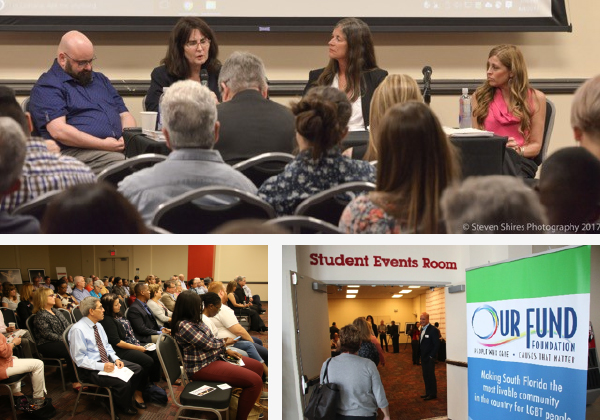
|
| Dr. Ashley Austin speaks about transgender issues in South Florida |
|
The Center for Human Rights and Social Justice partnered with Our Fund and the Miami Foundation to host three panel presentations to raise awareness about and commitment to transgender issues in South Florida. The presentations took place in Ft. Lauderdale, Miami and at Barry University. Mona Pittenger, philanthropist and member of Our Fund’s Board of Directors, moderated engaging and transformative panel discussions, which included the center’s Dr. Ashley Austin, an internationally recognized expert in transgender affirmative practice. Also featured were transgender activists Mara Kiesling, president and executive director of the National Center for Transgender Equality, and Masen Davis of the Gill Foundation. The discussion focused on deepening the understanding of transgender needs and experiences across the lifespan, exploring existing social, legal, political and cultural barriers to well-being, and identifying action steps for creating a more transgender-inclusive and affirming community. The events served to elevate the visibility of transgender focused activism within South Florida. |
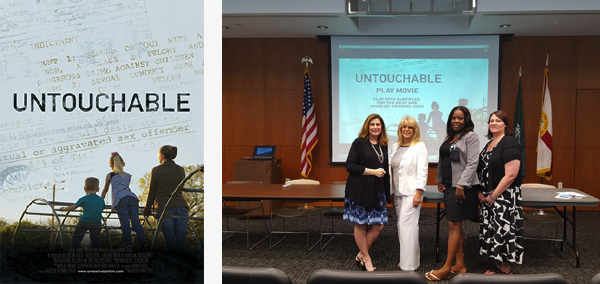
|
| Film Screening: “Untouchable” |
|
On June 20, Broward County Reentry Coalition Sex Offender Housing Subcommittee and Barry University School of Social Work presented the screening of the provocative documentary “Untouchable.” The film followed a panel and Q & A about sexual violence prevention and sex offender management policies. Dr. Jill Levenson was featured as an expert in the film and served as a panel participant. Levenson has published over 100 articles about sex offender management policy and treatment interventions. In her clinical practice, she works with perpetrators of sexual violence, as well as victims, survivors and families impacted by sexual abuse. Directed by David Feige, the documentary chronicles the crusade of the most powerful lobbyist in Florida when he discovers that the nanny has sexually abused his daughter, and how he harnesses his extraordinary political power to pass the toughest sex offender laws in the nation. “Untouchable” chronicles the impact on the lives of many of the 800,000 people forced to live under the kinds of laws he has championed. The film interweaves intimate portraits of men and women who have been branded sex offenders with the heartbreaking stories of those who have suffered sexual abuse. It is a film that pushes viewers toward an uncomfortable place, requiring them to walk in the shoes of those who have survived sexual abuse but to still bear witness to the experiences of those we revile. |
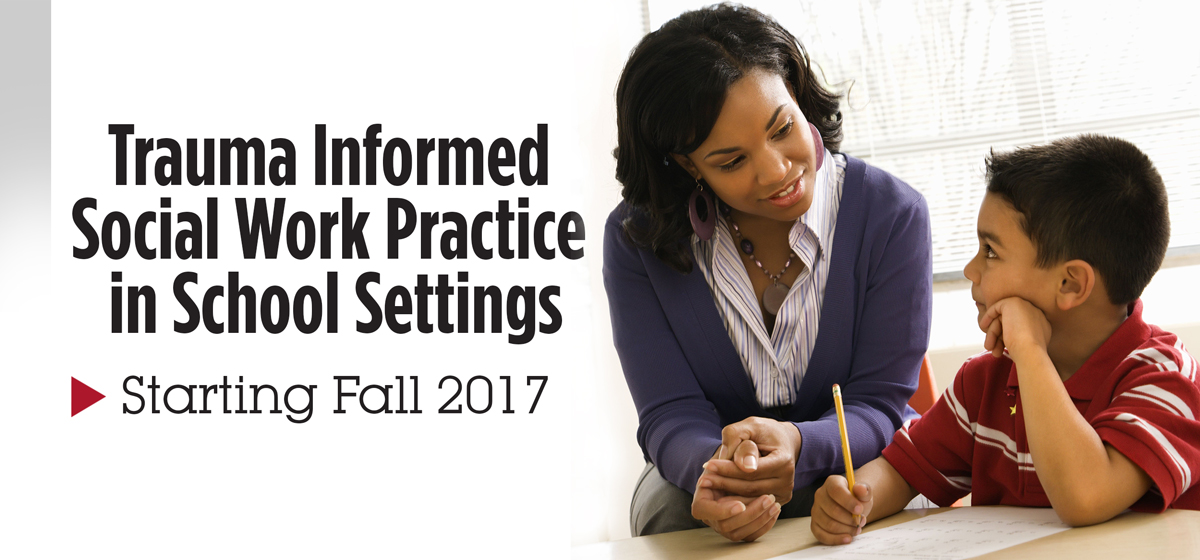
|
| NEW: Trauma Informed Social Work Practice in School Settings course offering |

|
| Dean for a Day! | ||||
|
| BUSSW congratulates our recent Ph.D. graduates from spring 2017 | ||||||||||||||||
Dr. Sarah Ingram-Herring
A multivariate analysis found that the level of “social justice” made the strongest contribution to “commitment to community practice.” Younger participants demonstrated possessing lesser belief in structural causations for poverty while students who identified as being liberals in comparison to moderates demonstrated more belief in structural causations of poverty. Dr. Tammy Malloy
Findings indicate that disturbed maternal and paternal bonding are associated with age of onset, frequency of engagement in SEIM and hypersexual behaviors in young adult women; moreover, current age and duration of engagement in SEIM predict hypersexual behaviors in young adult women. Exploring how paternal/maternal care and overprotection correlate with engagement in SEIM is crucial due to youth forming heavy attachments to technology. Dr. Gena Rowlands
Findings obtained through exploratory factor analysis of the PAS appear to measure the presence and related severity of parental alienation (additional research is required to confirm these findings). Additionally, 66.3 percent of all study participants were found to have a family history of intimate partner violence (IPV), which supports the notion that parental alienation occurs more often in families with a history of IPV. Dr. Cassandra Scott
The study found that having low Functional Assessment Rating Scores at entry and exit increased housing stability by 65 percent. |
|
||
|
|
You are receiving this newsletter because of your support to Barry University School of Social Work. If you wish to unsubscribe or update your email subscription, please visit our email preference center. Barry University School of Social Work 11300 NE 2nd Ave, Miami Shores, FL 33161 Phone Number: 305-899-3919 Email: ssw-admissions@barry.edu ©2012-2017 Barry University. All Rights Reserved. |

 July 2017 Issue
July 2017 Issue
